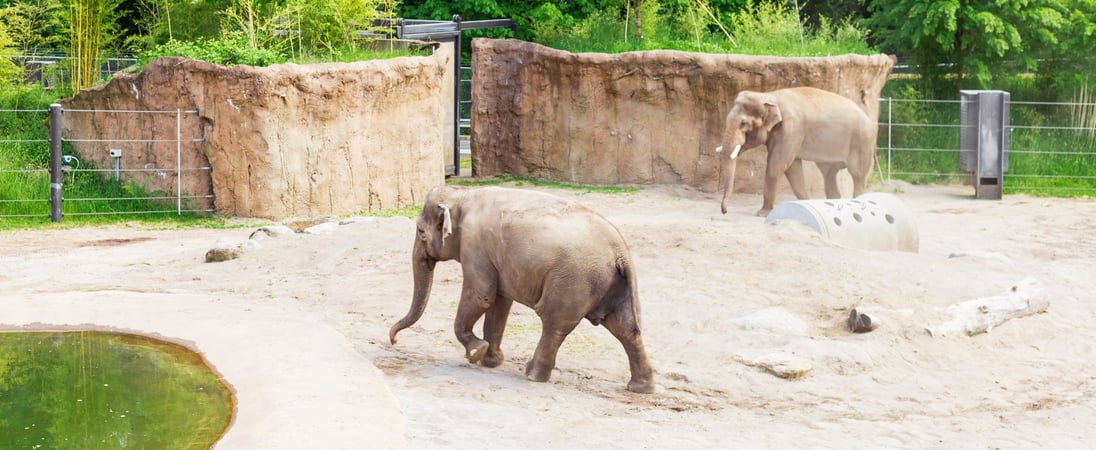
International Day of Action for Elephants in Zoos
International Day of Action for Elephants in Zoos is a global call to help elephants living in captivity. People everywhere speak up about how these intelligent animals suffer in small spaces.
Many elephants in zoos live alone, far from the social herds they need. They walk in circles or stand still for hours, showing signs of stress.
This day pushes those concerns into the spotlight, urging change. Campaigners use signs, stories, and peaceful marches to make their message clear. They ask for better care—or better yet, a new home in a sanctuary.
Groups like In Defense of Animals raise awareness through photos, facts, and campaigns. They want laws to shift and habits to change.
The goal is simple: treat elephants with care that matches their needs. Each voice, whether loud or soft, helps carry that hope forward.
How to Celebrate the International Day of Action for Elephants in Zoos
Here are some creative ways to mark the International Day of Action for Elephants in Zoos:
Join a peaceful gathering
Attend or help organize a respectful demonstration near a zoo. Advocates organize these events to raise awareness about captive elephant welfare. These moments offer an opportunity to speak up together.
Sign or start a petition
Engage with campaigns asking local authorities to review elephant care or support moves to return elephants to sanctuaries.
Writing your own petition invites others to unite behind your concern.
Share on social channels
Post clear messages, photos, or facts under hashtags like #ActionForElephants or #InternationalDayofActionforElephantsinZoos.
Your posts can spark meaningful talk and catch media attention.
Donate or adopt virtually
Give to groups working to free elephants or create better living conditions. Symbolic adoption schemes often fund both captive care and field rescue.
Talk with friends and family
Host conversations or informal events where people can learn about elephant needs. Spreading knowledge builds wider support for change.
Support ethical tourism
If you travel, use only sanctuaries and trusted reserves—not places that exploit elephants for rides or photos. That helps reduce demand and encourages responsible care.
History of the International Day of Action for Elephants in Zoos
The idea began in 2009 when In Defense of Animals launched a global event. Activists in 33 cities across seven countries joined forces to demand better living conditions for captive elephants.
Their goal was to spotlight cramped enclosures and prompt the release of zoo elephants into sanctuaries. The movement grew quickly after that first wave.
Elliot M. Katz, then president of In Defense of Animals, helped lead the charge. He guided the group’s efforts and shaped the message.
Demonstrations, petitions, and media outreach pushed many zoos to rethink their elephant care practices.
By 2011, organizers had expanded the reach. They reported events across North America and Europe. One virtual protest in June of that year spread more than 9,000 messages online. Over time, more cities joined in, and discussions about captive elephant welfare went mainstream.
In the following years, the day remained active. A growing list of zoo-free communities emerged as animals moved to better homes.
In Defense of Animals continued to release reports and lobby for improvements around the globe. That steady pressure helped shift policies and public views.
Also on ...
View all holidaysNational Best Friends Day
Get together with your best friend, or take a little time to get in touch if you’ve moved away and strengthen your connection to that one person who always gets you.
World Oceans Day
With oceans making up 66% of our Earth, it’s crucial we raise awareness about and tackle the threats facing these life-giving and life-containing bodies of water.
World Brain Tumor Day
Unlocking mysteries of the mind, sparking conversations, and fostering empathy through shared understanding and advocacy efforts.




